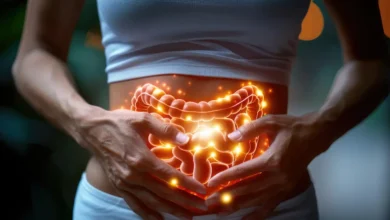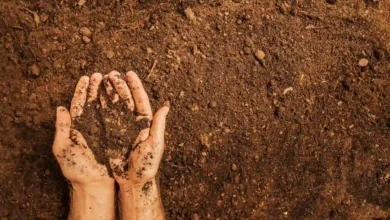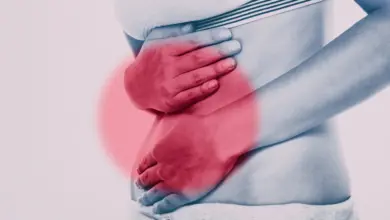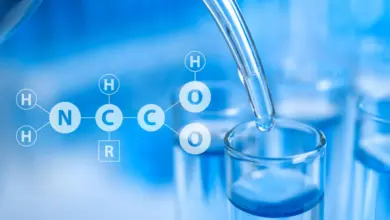Loss of Gut Microbiome
Humans Have Lost Nearly Half Of Our Primate Ancestors Gut Bacteria
Loss of Gut Microbiome: A Growing Concern
Over the last few generations, humans have lost nearly half of the species of gut microbiota that our primate ancestors once had. Humans living in western civilizations have lost hundreds of species of gut microbiome which count for nearly half of our total biome. This alarming trend can be attributed to modern diets high in sugar, processed foods, and other lifestyle changes. As our bodies have adapted to these new diets, the diversity of our gut microbiome has significantly diminished, leading to potential health risks.
The Impact of Western Diets on Gut Health
Western diets, characterized by high levels of saturated fats, refined carbohydrates, and sugars, have played a critical role in reducing the complexity of our gut microbiota and the loss of gut microbiome. These diets create an environment that selects against microbes adapted to nutrient-rich, fiber-heavy foods, leading to the extinction of certain microbial taxa over successive generations. This loss is not without consequence, as it has been linked to an increase in chronic diseases like obesity, asthma, and inflammatory bowel disease.
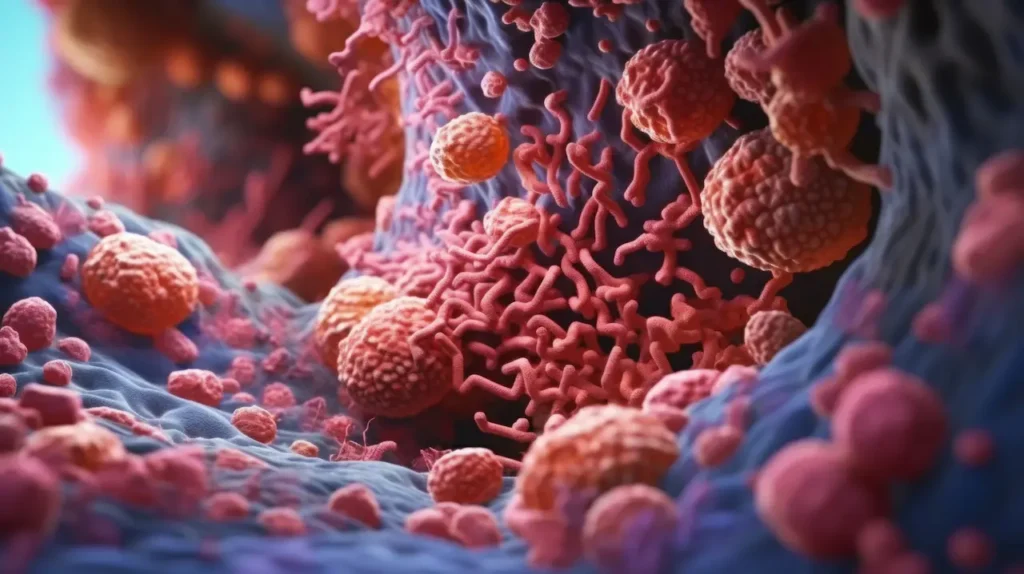
Studies from Non-Western Populations
To understand the extent of this microbial loss, researchers have ventured outside of Western civilization to study populations that maintain traditional lifestyles, such as those in Nepal. These communities, which consume diets low in sugar and free from preservatives, exhibit much healthier and more biodiverse gut microbiomes compared to those from Western countries. These findings highlight the stark differences in gut health between modern and ancestral populations.
The Disappearance of Beneficial Microbes
Recent research into the human microbiome reveals that the beneficial microbes that have co-evolved with us over millions of years are disappearing at an alarming rate. By comparing the genomes of intestinal bacteria in various primates and human populations, scientists have identified specific gut microbes that have been lost from our digestive systems. This loss, exacerbated by urbanization and modern lifestyles, has significant implications for human health.
The Importance of the Microbiota
The human gut is home to a rich and diverse community of bacteria and other microbes that play crucial roles in digestion, immune function, and neurological health. Dr. Martin Blaser, Director of the Center for Advanced Biotechnology and Medicine at Rutgers University, underscores the importance of these microbes: “The microbiota has co-evolved with us over very long periods of time, and it performs beneficial functions for us, just as we perform beneficial functions for it…We are all working together as an ecological unit.”
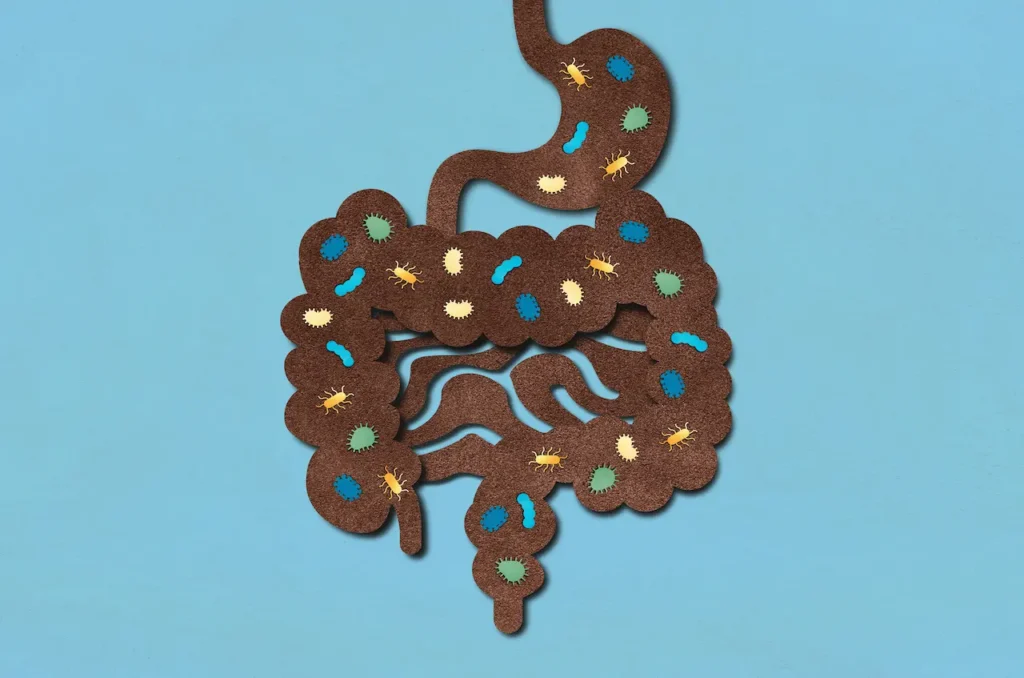
The Decline of Microbial Diversity
The microbiota we have relied on for so long is now vanishing. One theory, the hygiene hypothesis, suggests that modern humans are not exposed to enough microbial stimuli early in life, leading to weakened immune systems. However, Dr. Blaser argues that this is only part of the problem. He believes that modern practices, such as sedentary lifestyles, processed foods, and frequent antibiotic use, disrupt our ancestral relationship with these microbes, leading to their depletion over generations.
Consequences of Modern Practices on the Microbiome
The diversity of the microbiome is particularly crucial during early life when immunological and metabolic patterns are established. Modern practices, such as the use of perinatal antibiotics, Cesarean sections, and formula feeding, disrupt this critical period. This disruption leads to a loss of vertical transmission, where fewer types of organisms are passed from one generation to the next, contributing to the rise of non-communicable diseases in recent decades.
The Role of Early Life in Microbiome Development
From birth, humans begin developing their microbiota. Babies are first exposed to microbes in the birth canal, which seeds their gut with a Lactobacillus-rich microbial community. Breastfeeding further reinforces this microbiota, helping to digest glycans and prime the infant’s immune system. As infants explore their environments and transition to solid foods, their microbiota matures, establishing a lifelong communication interface at the body’s mucosal surfaces.
Comparative Studies of Gut Microbiota
Comparative studies between humans and primates, as well as between modern and ancestral human populations, reveal significant differences in gut microbiota. Populations that maintain traditional lifestyles, such as those in the Amazon and Papua New Guinea, have a much richer diversity of gut microbes compared to Western societies. These traditional diets, high in fiber and low in processed foods, support a higher abundance of beneficial microbes like Prevotella.
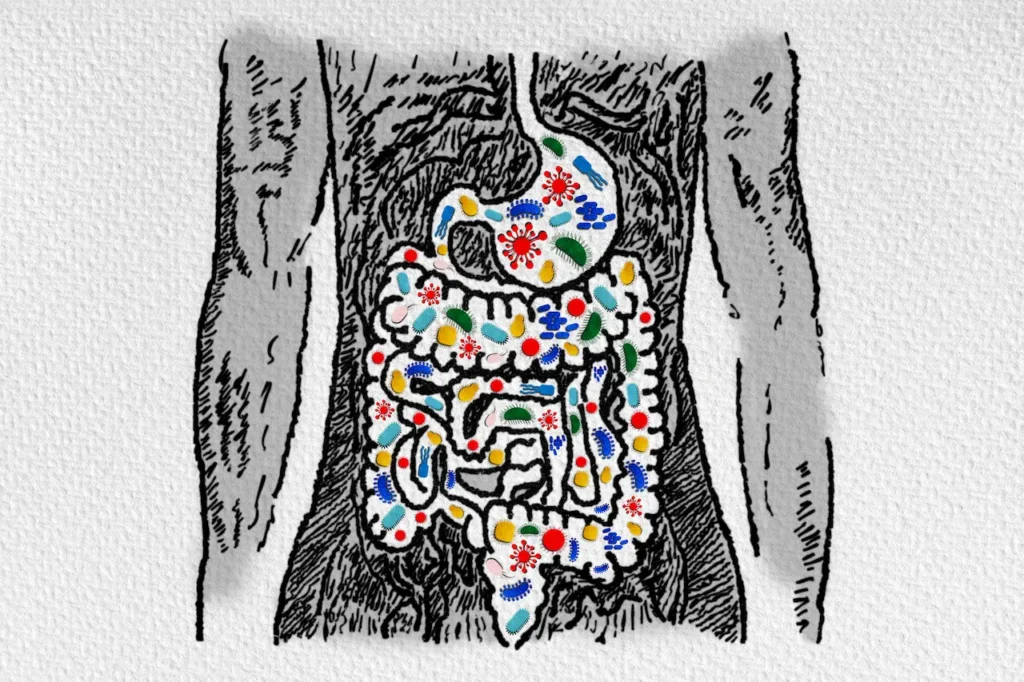
Recovering Microbiome Diversity
To recover microbiome diversity, we must first address the root causes of microbial loss. Antibiotic overuse and misuse need to be curtailed, particularly in early life, where the long-term risks are greatest. Medical practices should shift toward narrow-spectrum antibiotics that target specific infections while preserving the broader microbiota.
The Importance of Diet and Lifestyle Choices
Diet and lifestyle choices play a crucial role in maintaining a healthy microbiome. The Western diet’s lack of fiber—a crucial prebiotic that supports beneficial microbes—must be addressed. Fresh fruits and vegetables, rich in dietary fiber, promote microbial diversity. Exercise also enhances gut microbiome diversity and should be integrated into a healthy lifestyle.
The Potential of Probiotics
Probiotics, live organisms found in supplements or fermented foods, can help maintain a healthy microbiome. Although their ability to modify the microbiota in healthy individuals is still under study, they can be a valuable part of a balanced diet when combined with prebiotics.
Preserving and Restoring the Microbiome
Looking forward, initiatives like the Global Microbiome Conservancy are working to sample, study, and preserve microbial taxa that have been lost from Western gut microbiota. By understanding and preserving these organisms, we may be able to restore some of the microbial diversity that has been lost, potentially reversing some modern health issues associated with a depleted microbiome.
Conclusion: The Journey to Restore Our Microbiome
Restoring our microbiome diversity is not just about addressing one aspect of health; it is about reconnecting with the ecological relationships that have shaped us throughout our evolutionary history. As Dr. Blaser emphasizes, “The first point is to stop the damage, then rebuild.” By addressing antibiotic misuse, improving diet, and making lifestyle changes, we can begin to recover the diversity of the human microbiota and improve our overall health.
Next time you feel hungry, think about what you want to snack on and whether it will help or harm your biome.
References:
https://www.science.org/content/article/modern-city-dwellers-have-lost-about-half-their-gut-microbes
https://news.cornell.edu/stories/2023/05/humans-have-lost-half-primate-ancestors-gut-bacteria
